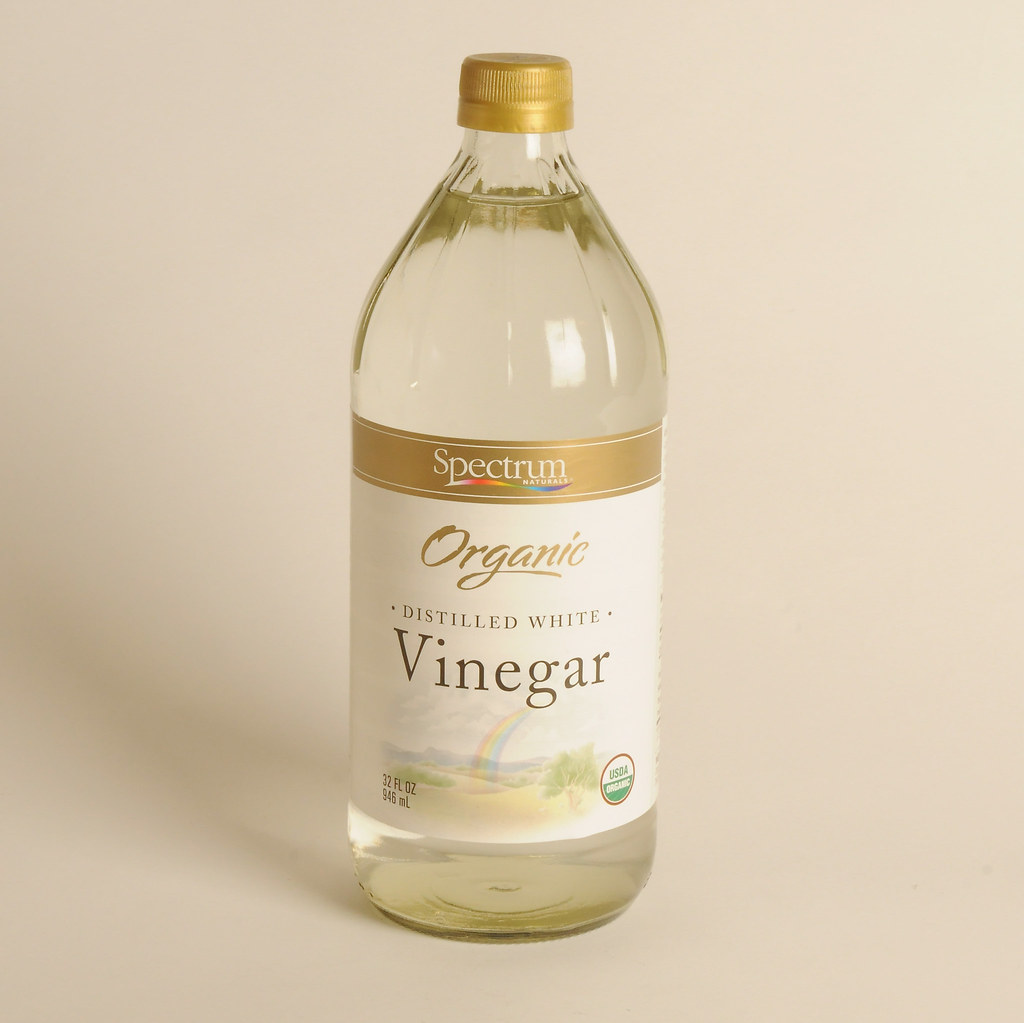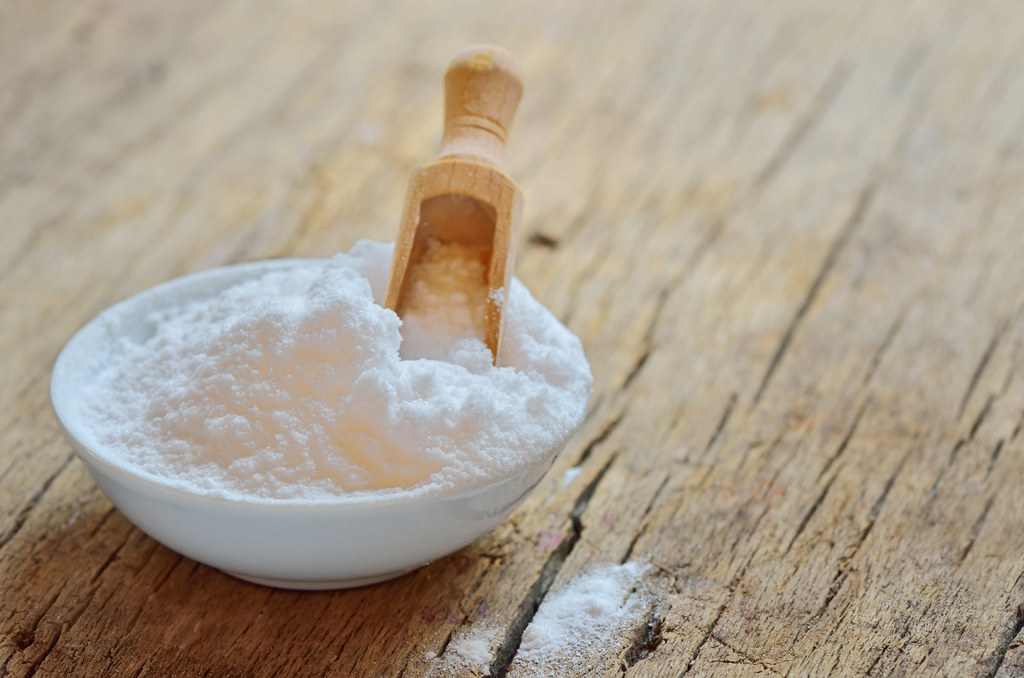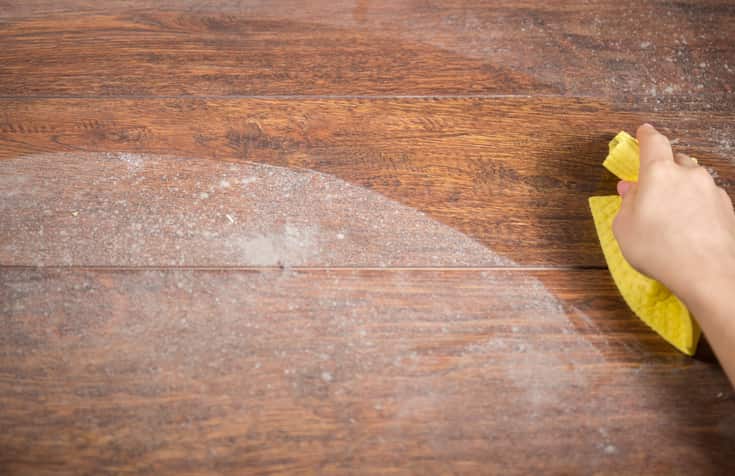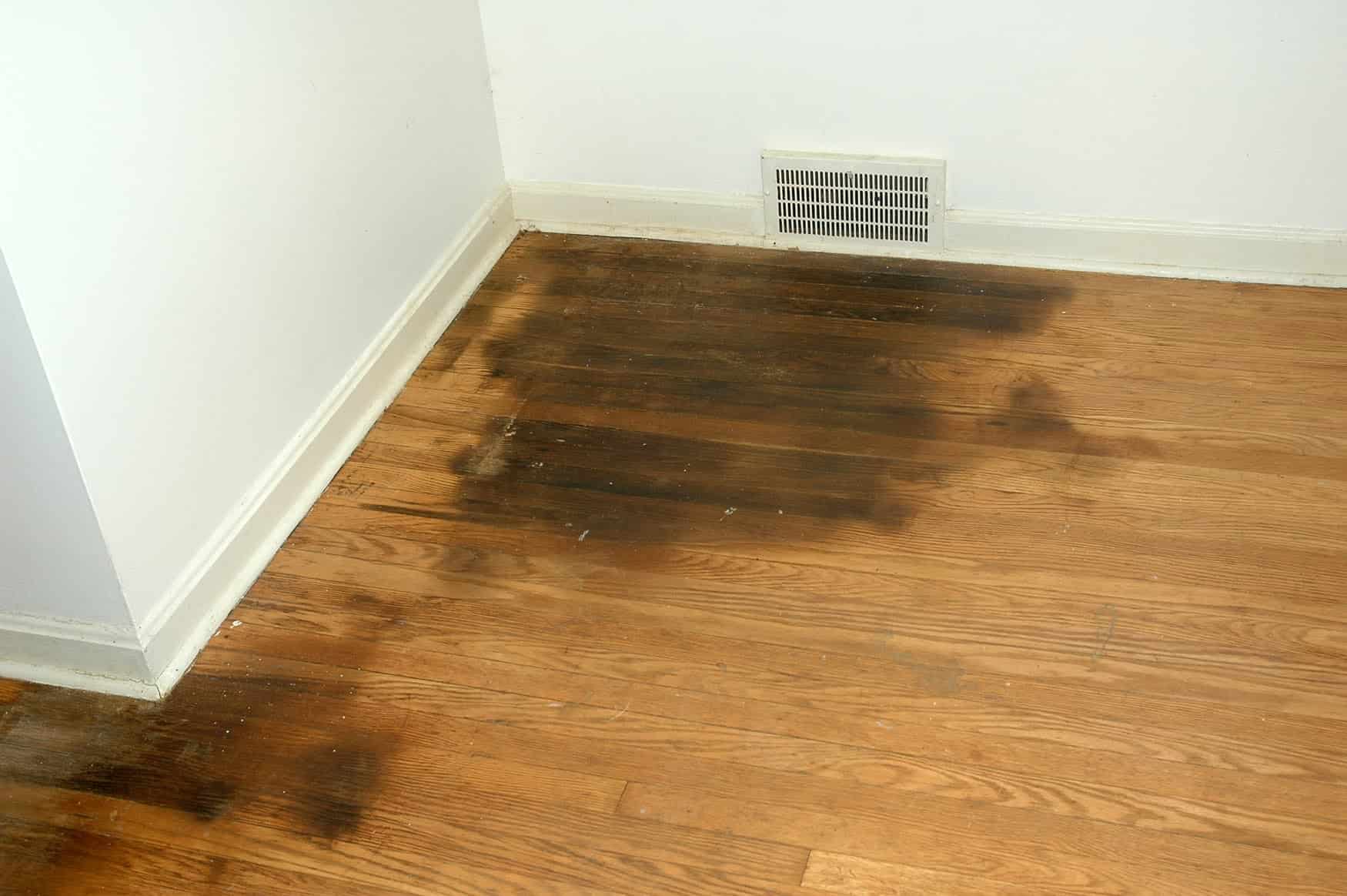No one likes dealing with pet stains, but they’re an unfortunate reality of owning a furry friend. If you have hardwood floors, you know that pet stains can be especially difficult to remove.
But don’t worry we’re here to help! In this blog post, we’ll share some tips on how to remove pet stains from hardwood flooring.
Types of Pet Stains
There are three main types of pet stains: water-based, protein-based, and oil-based. Water-based stains are the most common and are typically caused by urine or vomit.
Protein-based stains are usually caused by blood or feces, while oil-based stains can be caused by any type of grease or oil. Each type of stain requires a different cleaning method in order to be removed effectively.
For example, water-based stains can usually be cleaned with a simple mixture of soap and water, while protein-based stains may require a more powerful enzymatic cleaner.
Oil-based stains, on the other hand, often require special solvents in order to be removed completely. No matter what type of pet stain you’re dealing with, it’s important to act quickly in order to avoid permanent damage to your carpet or furniture.
Remove Pet Stains from Hardwood Flooring
There are a few things you’ll need in order to remove pet stains from your hardwood floors: distilled white vinegar, a clean cloth, and a stiff-bristled brush. First, start by blotting up as much of the stain as you can with a clean cloth.
Then, mix equal parts vinegar and water in a bowl. Using the stiff-bristled brush, apply the vinegar solution to the stain and scrub until it’s gone.
Lastly, rinse the area with clean water and dry it off with a towel.
This is the simplest way to remove pet stains from hardwood flooring.
But there are some other methods. Let’s have a look!
Using White Vinegar and Grapefruit oil

If you have a pet, chances are you’ve had to deal with the occasional accident. While carpeting is more forgiving, hardwood floors can be tricky to clean without damaging the finish.
The good news is that there is a natural, effective way to remove pet stains from hardwood floors using white vinegar and grapefruit oil.
Simply mix equal parts vinegar and grapefruit oil in a spray bottle and mist it over the stain. Let it sit for a few minutes, then wipe it up with a clean cloth. You may need to repeat the process for tougher stains. But once you’re done, your hardwood floors will look as good as new.
Using Baking Soda

While many commercial cleaners claim to be effective against pet stains, they can also be harsh on hardwood floors. A gentler and more natural solution is to use baking soda. Here’s how:
First, start by blotting up as much of the stain as possible with a clean cloth. Then, make a paste of baking soda and water and apply it to the stain. Let it sit for a few minutes before scrubbing it gently with a brush.
Lastly, rinse the area with clean water and dry it thoroughly. With regular cleaning, your hardwood floors should stay looking beautiful even with pets in the house.
Using Enzymatic Cleaner
When it comes to cleaning up pet stains, enzymatic cleaners are often the best solution. These cleaners contain enzymes that break down the proteins in pet urine, making it easier to remove the stain.
To use an enzymatic cleaner, simply wet a cloth with the solution and blot the stain. For best results, let the cleaner sit on the stain for a few minutes before wiping it away.
In most cases, enzymatic cleaners will successfully remove pet stains from hardwood floors.
However, if the stain is particularly stubborn, you may need to repeat the process or try a different cleaner.
Using Hydrogen Peroxide
One of the best ways to remove pet stains is to use hydrogen peroxide. First, blot up as much of the stain as possible with a clean cloth. Then, mix one part hydrogen peroxide with one part water, and pour it onto the stain.
Let it sit for a few minutes, then blot it dry with another clean cloth. Repeat as necessary until the stain is gone. You may also need to scrub the area with a soft brush if the stain is particularly stubborn.
So, with a little time and effort, you can remove pet stains from your hardwood floors and keep them looking like new.
Related Topic: Do Dog Nails Scratch Wood Floors? (Guide)
Refinishing

Refinishing your hardwood floors is an effective way to remove pet stains and give your floors a fresh, new look. The first step is to sand down the floor to remove the top layer of the finish.
This will also help to smooth any rough spots or damage that may have been caused by the pet stain. Next, you’ll need to apply a new stain and finish. Be sure to follow the manufacturer’s instructions carefully in order to achieve the best results.
With a little bit of effort, you can have your hardwood floors looking like new again and free from any unsightly pet stains.
Sanding
Pet stains can be particularly difficult to remove, as they often penetrate deep into the wood. Traditional cleaning methods may only succeed in lightening the stain, but sanding can provide a more permanent solution.
To remove a pet stain from hardwood flooring, start by identifying the type of finish on your floors. If you have a water-based finish, you will need to use coarser grit sandpaper to avoid damaging the finish.
If you have an oil-based finish, you can use finer grit sandpaper. Once you have the right type of sandpaper, gently sand over the stained area until the stain is no longer visible.
Be sure to move in the same direction as the grain of wood to avoid damaging the floor. Lastly, apply a new coat of finish to protect your floors from future stains.
How to Prevent Hardwood Floor from Pet Stains?
As any pet owner knows, accidents happen. Even the most well-trained animal can have an accident indoors, and hardwood floors are particularly susceptible to pet stains.
Though tough and durable, hardwood is a porous material that can be stained by urine, vomit, or feces. In addition, the high gloss finish on many hardwood floors makes them especially susceptible to scratches from claws.
Fortunately, there are a few simple steps you can take to help protect your floors from pet stains and scratches. First, consider using rugs or mats in areas where your pet spends the most time.
This will help to absorb any accidental spills and prevent your pet from slipping on slick surfaces. Second, keep your pet’s nails trimmed to minimize scratching.
Moreover, wipe up any accidents immediately and clean the area with a mild soap or pet-safe cleaning solution. By taking a few precautions, you can help keep your hardwood floors looking like new for years to come.
Related Topic: Are Hardwood Floors Bad For Dogs Hips?
Conclusion
We hope these tips help you remove those pesky pet stains from your hardwood floors! If you have any other questions about cleaning or maintaining your hardwood floors, please don’t hesitate to comment to us. We’re always happy to help!
FAQs
Can pet urine damage hardwood floors?
Pet urine can cause serious damage to hardwood floors. The urine contains ammonia, which can break down the finish on the floor and cause discoloration. In addition, the urine can penetrate the wood and cause swelling, warping, and cracking. Pet urine can also create a breeding ground for bacteria and other organisms, which can lead to both health and odor problems.
Can you use hydrogen peroxide on hardwood floors?
Yes, you can use hydrogen peroxide on hardwood floors. In fact, it’s a great way to clean them and remove any bacteria or germs that may be present. Hydrogen peroxide is a natural sanitizer, so it’s gentle on floors but effective at killing bacteria.
It’s also safe to use around children and pets. To clean hardwood floors with hydrogen peroxide, simply dilute it with water and mop as usual. There’s no need to rinse afterward. You can also add a few drops of essential oil to give your floors a pleasant scent.
Related Topic: How to Get Wax Off Hardwood Floor in 4 Steps
Will baking soda damage hardwood floors?
Baking soda is often touted as a gentle, natural cleaning solution. Indeed, it can be used to safely clean many surfaces in your home, from countertops to carpets. However, you should exercise caution when using baking soda on hardwood floors.
While a small amount of baking soda will not likely cause any damage, using too much can lead to scratches and dull the finish. In addition, baking soda is a relatively abrasive substance, so it should only be used on lightly soiled floors. For tougher messes, it’s best to stick with a more traditional hardwood floor cleaner.
Will vinegar hurt hardwood floors?
The answer is no. It all depends on the type of vinegar and the type of finish on your floor. If you have a natural oiled finish, then vinegar will definitely damage it. But if you have a polyurethane finish, then vinegar should be fine.
Just be sure to always dilute the vinegar with water before using it on your floors. And remember, never use undiluted vinegar on hardwood floors!


1 thought on “How To Remove Pet Stains From Hardwood Flooring”